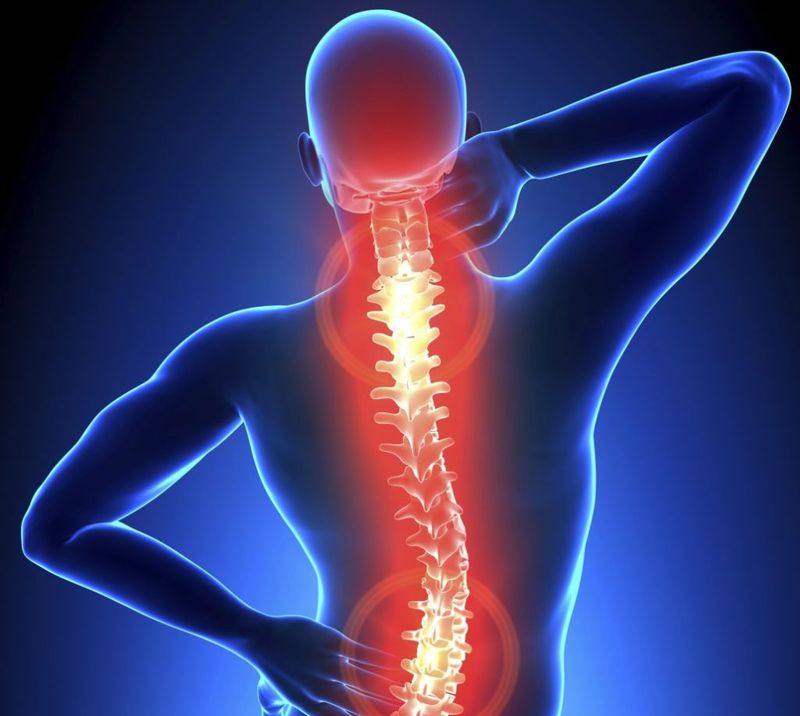Vitamin D, often dubbed the “sunshine vitamin,” plays a crucial role in maintaining overall health. This essential nutrient, synthesized by the body when exposed to sunlight, is vital for bone health, immune function, and mood regulation. Despite its importance, many people worldwide are deficient in vitamin D, largely due to limited sun exposure, dietary habits, and lifestyle choices. Recognizing the signs of deficiency is essential for early intervention and treatment. In this article, we’ll explore three common signs indicating a potential vitamin D deficiency that you need to be aware of. Understanding these symptoms can empower you to take proactive steps towards better health.
1. Frequent Illnesses

Experiencing frequent illnesses, such as colds and flu, can be a sign of vitamin D deficiency. Vitamin D is essential for a robust immune system. It aids in the production of proteins that fight bacteria and viruses. Without adequate levels, your body might struggle to fend off infections. If you find yourself falling sick often, consider evaluating your vitamin D levels.
While supplements can help, natural sunlight exposure and foods like fatty fish can boost your intake. Always consult with a healthcare professional before starting any supplements.
2. Bone and Back Pain

Bone and back pain are often overlooked indicators of vitamin D deficiency. This vitamin plays a critical role in calcium absorption, essential for bone health. Without sufficient vitamin D, bones can weaken, leading to chronic pain and discomfort, particularly in the back.
If you experience persistent bone pain, it might be beneficial to check your vitamin D levels. Incorporating vitamin D-rich foods like eggs and fortified cereals can support your health. Consulting with a doctor for a personalized plan is advisable.
3. Fatigue and Tiredness

Fatigue is a common symptom of vitamin D deficiency that often goes unnoticed. This nutrient is crucial in maintaining energy levels. When deficient, even small tasks can feel overwhelming, leaving you exhausted.
Ensuring adequate vitamin D intake through sunlight, food, or supplements can help maintain your energy. If persistent fatigue is affecting your daily life, a blood test might be warranted to evaluate your vitamin D levels. Always discuss with a healthcare provider before making significant changes to your diet.

Well, hello there!
My name is Jennifer. Besides being an orthodontist, I am a mother to 3 playful boys. In this motherhood journey, I can say I will never know everything. That’s why I always strive to read a lot, and that’s why I started writing about all the smithereens I came across so that you can have everything in one place! Enjoy and stay positive; you’ve got this!

